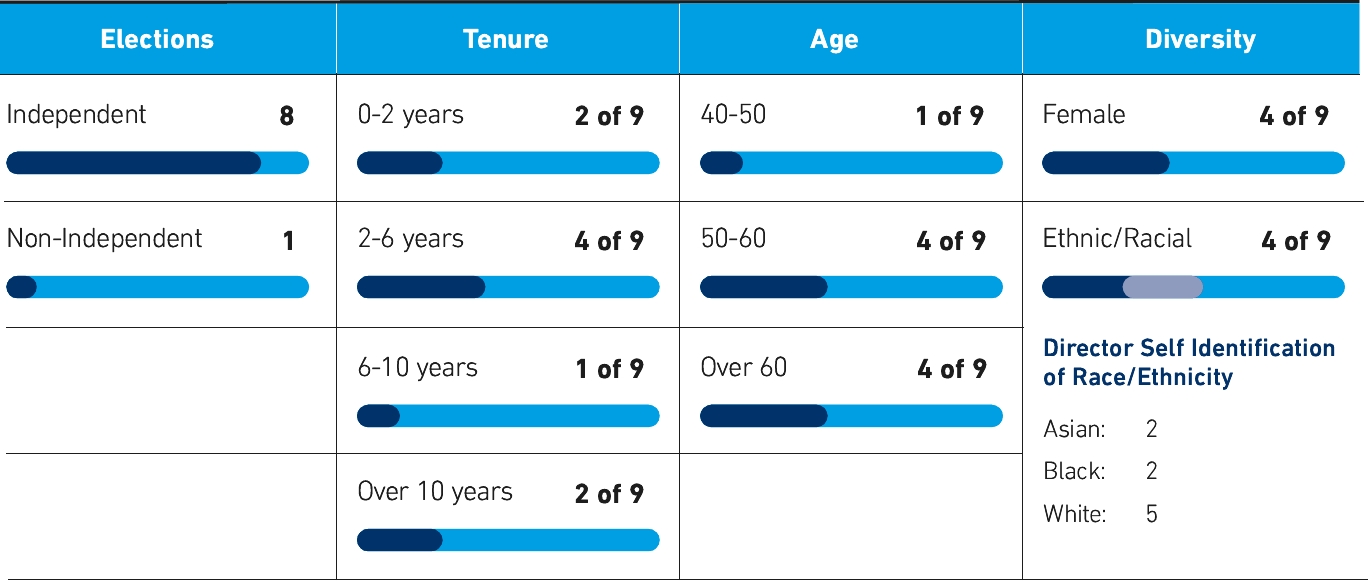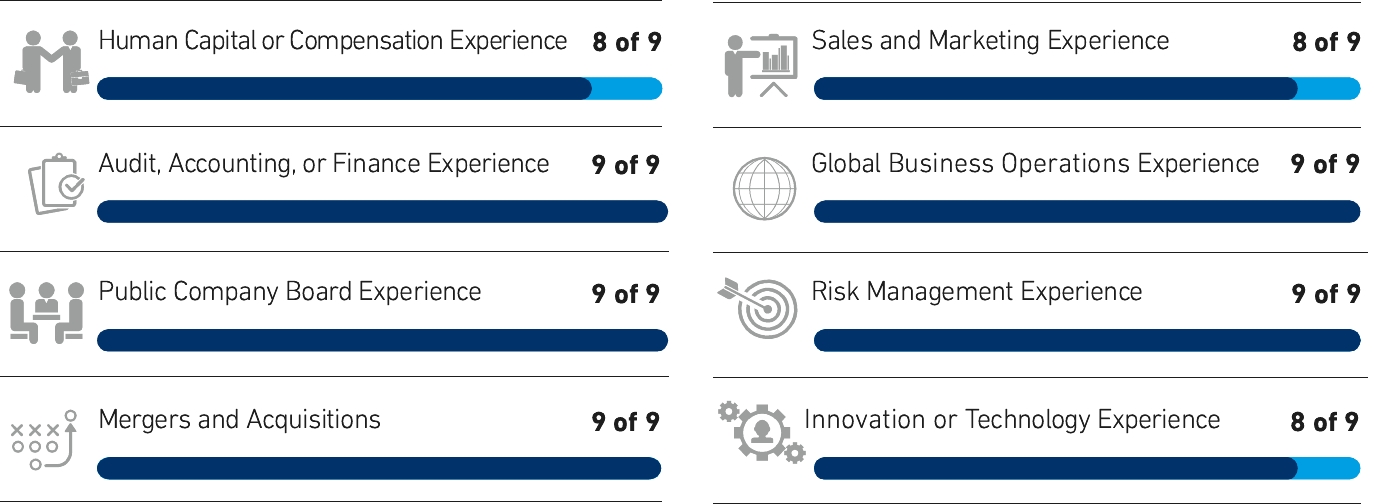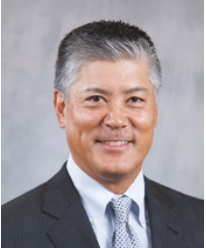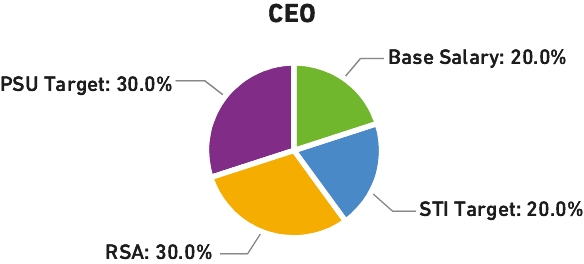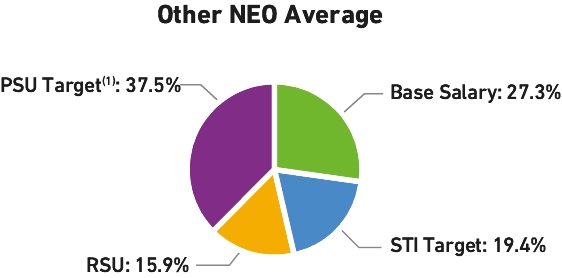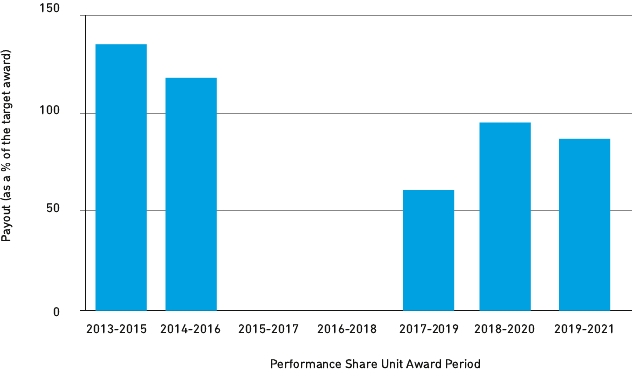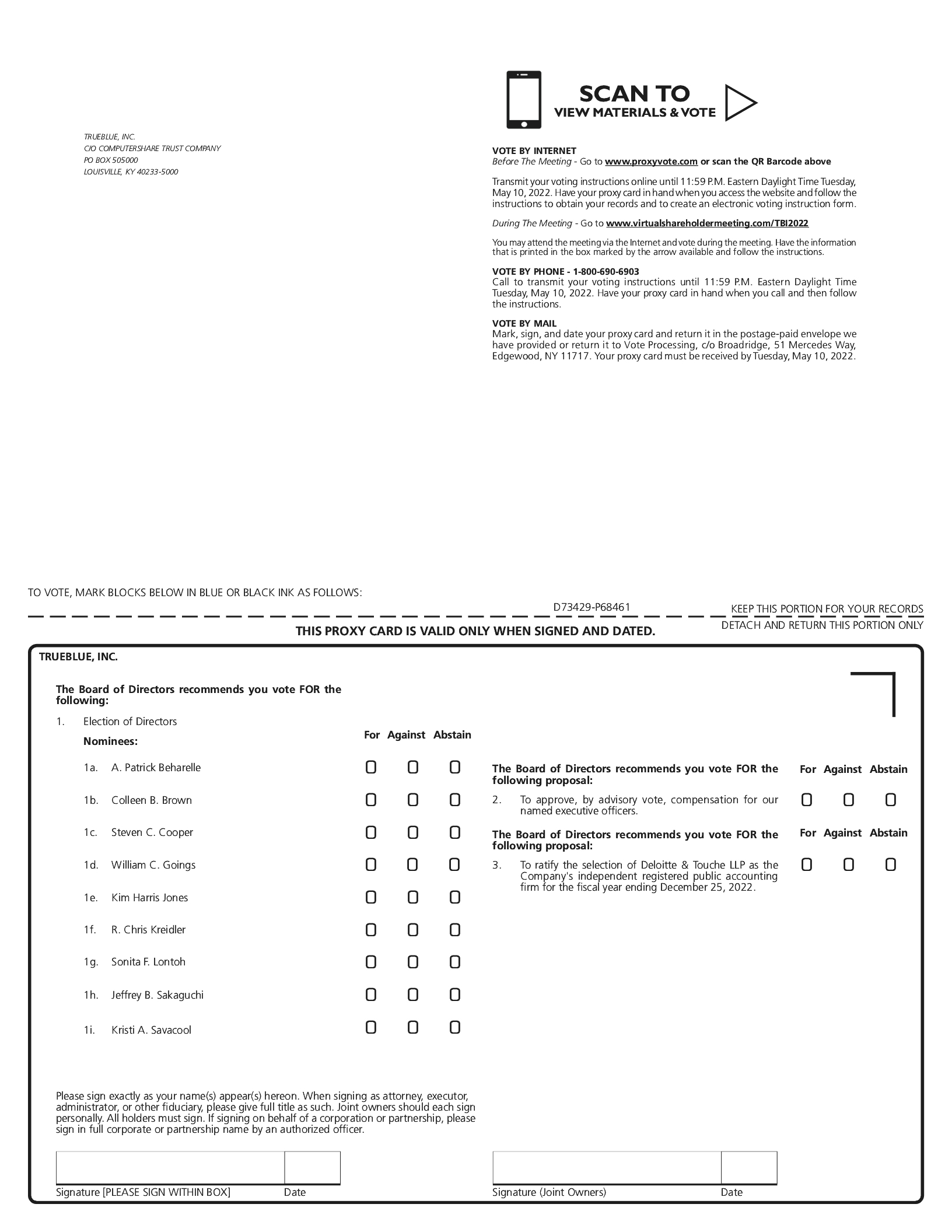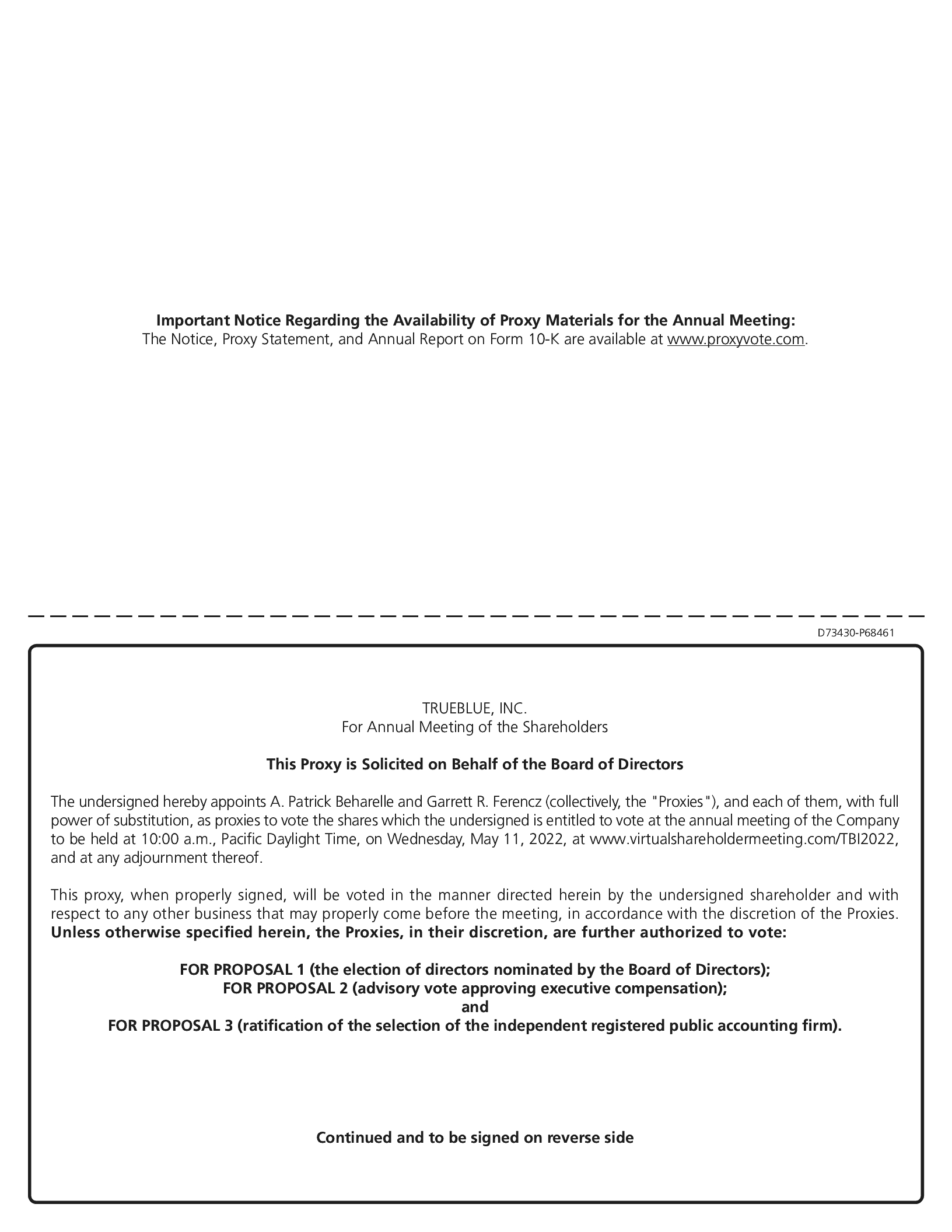| |
Filed by the Registrant ☒
|
|
| |
Filed by a Party other than the Registrant ☐
|
|
|
☐
|
Preliminary Proxy Statement
|
|
☐
|
Confidential, For Use of the Commission Only (as permitted by Rule 14a-6(e)(2))
|
|
☒
|
Definitive Proxy Statement
|
|
☐
|
Definitive Additional Materials
|
|
☐
|
Soliciting Material Under Section 240.14a-12
|
| |
TrueBlue, Inc.
|
|
| |
(Name of Registrant as Specified In Its Charter)
|
|
| |
|
|
| |
(Name of Person(s) Filing Proxy Statement, if Other Than the Registrant)
|
|
| |
☒
|
| |
No fee required.
|
| |||
| |
☐
|
| |
Fee paid previously with preliminary materials:
|
| |||
| |
☐
|
| |
Fee computed on table in exhibit required by Item 25(b) per Exchange Act Rules 14a-6(i)(1) and 0-11
|
| |||





